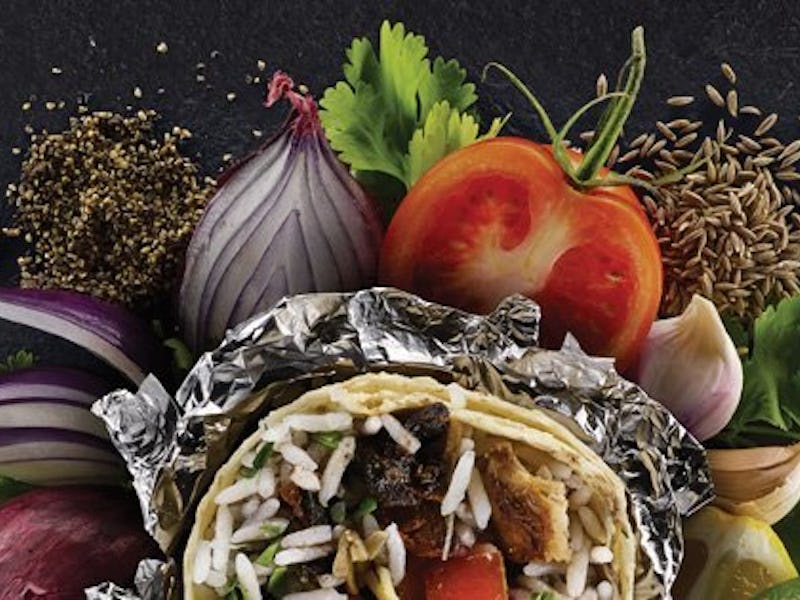Chipotle Makes Education a Sales Tactic
"Friend or Faux" is a learning experience…that gets you free Chipotle.

Chipotle is obsessed with transparency. They’ve enraged countless customers due to the recent absence of carnitas, but even that was in keeping with the brand. Chipotle would rather make your mind angry than break your heart.
Recently, the fast-casual giant launched a game called “Friend or Faux,” meant to educate consumers about the ingredients in competitors’ food, as well as Chipotle’s. In the game, you select a Chipotle menu item and a generically-named fast food alternative. An ingredient pops up and you decide which item it’s in — it could be in both, too! You also get a buy-one, get-one coupon, but only after the first game.
After failing through 25 of these, Chipotle lists all of the “friendly ingredients” and “faux additives” in each. For the above example, each has 23 of the former, but the “Towering Tasteburger” has 40 additives, compared to the tacos’ 10. Chipotle’s primary objective with “Friend or Faux” is to educate, which is an interesting marketing strategy.
The thinking seems to go something like this: Chipotle’s competitors aren’t all bad and Chipotle isn’t perfect, but some of the biggest kids on the fast food block are using nasty ingredients. People will change their consumption habits if they understand their choices. Whether or not they choose Chipotle, they’ll move the market in a direction that works for the company.
If Chipotle wants to pay for the food systems education of America, no one should stand in their way. If the goal here is to make consumption about values and agency, we’ll take that over convenience and pop graphics.